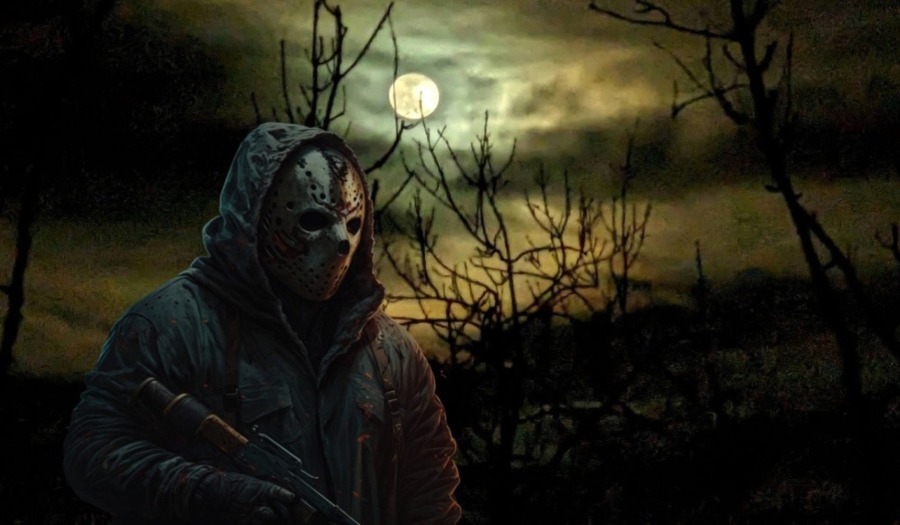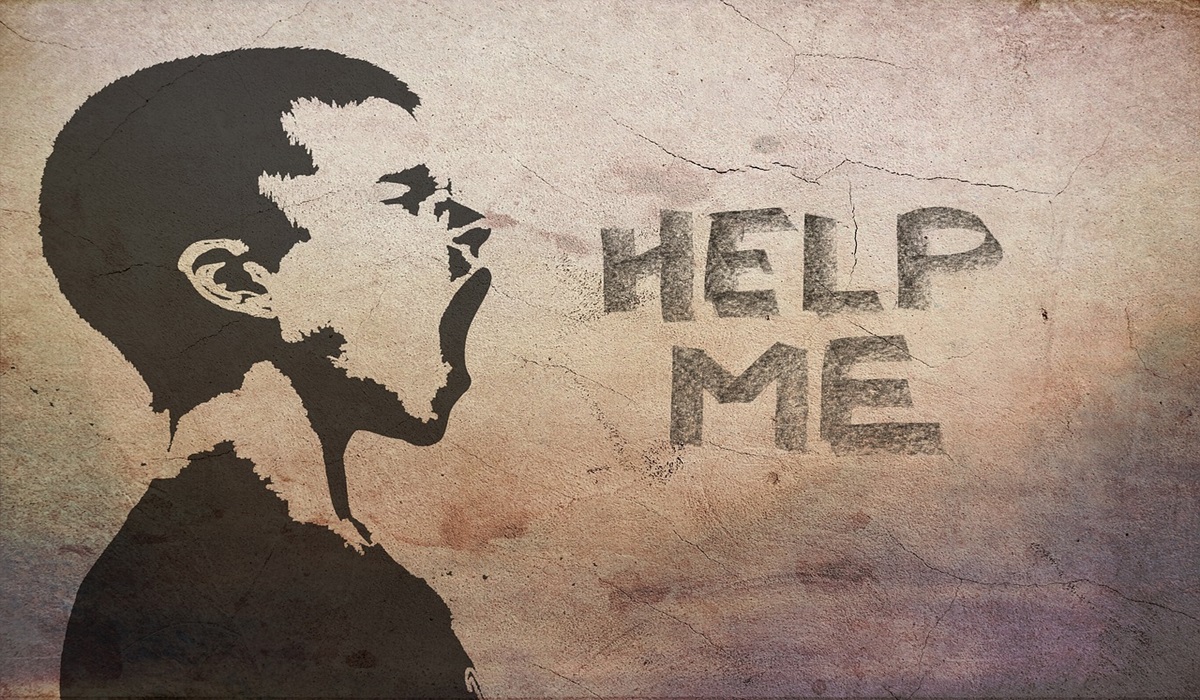Friday the 13th: Unmasking the Superstition and Unveiling the Myths
- Kingston Bailey
- Trending
- World News
- October 13, 2023

Today, the calendar shows that it’s Friday the 13th, a date that has long been associated with superstitions and unease. This peculiar day has inspired fear, curiosity, and countless movies, but what is the history behind this superstition? Are these beliefs founded in reality, or are they myths that have endured over the ages?
The origins of the Friday the 13th superstition are shrouded in the mists of time, making it difficult to pinpoint an exact source. The fear of this day is often attributed to a combination of two superstitions: the fear of Fridays and the fear of the number 13.
First, Fridays have been considered an unlucky day in many cultures. Some believe that the association with bad luck comes from the Christian tradition, as it is believed that Jesus was crucified on a Friday. Others point to Norse mythology, where Friday is named after the goddess Frigg, who is associated with love and fertility but also with bad luck.
Second, the number 13 has been considered unlucky in various cultures and is often associated with misfortune. This belief, known as triskaidekaphobia, has deep historical roots. Some theories suggest it goes back to the Last Supper, where were 13 individuals present, including Judas Iscariot, who would later betray Jesus.
Superstitions surrounding Friday the 13th vary from culture to culture. Some common beliefs include:
- Avoiding Travel: Many people avoid traveling today, thinking it might bring accidents or misfortune.
- Avoiding New Ventures: Initiating new projects, such as starting a business or getting married, on Friday the 13th is often considered ill-advised.
- Fear of Bad Luck: Many believe this day is a harbinger of bad luck and are extra cautious in their daily activities.
- Warding Off Evil: Some people perform rituals to ward off evil spirits and bad luck, such as carrying talismans or avoiding black cats.
The superstition surrounding Friday the 13th has significantly impacted popular culture, particularly in the horror genre. The “Friday the 13th” film series, which began in 1980, is perhaps the most iconic example. These movies feature the notorious fictional killer Jason Voorhees, who terrorizes campers and becomes a symbol of this superstition. Over the years, the franchise has spawned numerous sequels, cementing Friday the 13th as an iconic date in the horror genre.
In 2023, there are two occurrences of Friday the 13th: one in January and another in October. This is relatively common, as Friday the 13th tends to occur at least once and can happen up to three times in a year. Superstitions persist because they offer a sense of control in an unpredictable world. People turn to these beliefs as a way to avoid potential misfortune. They can become deeply ingrained in cultural or personal beliefs and rituals.
While superstitions might seem irrational to some, it’s essential to acknowledge that their power lies in the psychological comfort they provide. Even if the events or symbols associated with superstitions are purely coincidental, the belief itself can impact an individual’s behavior and mental state.
As mentioned earlier, the origins of the Friday the 13th superstition are challenging to pinpoint. Various cultures and traditions have perpetuated the combination of fear surrounding Friday and the number 13 throughout history. No single creator or definitive historical event led to the myth. While the historical origins are uncertain, the fear of this date has endured through centuries. It continues to capture the imagination of those curious about the mysteries surrounding it. Whether you view Friday the 13th as a terrifying day to be feared or just another date on the calendar, it serves as a reminder of the human fascination with the supernatural and the enduring power of belief.








